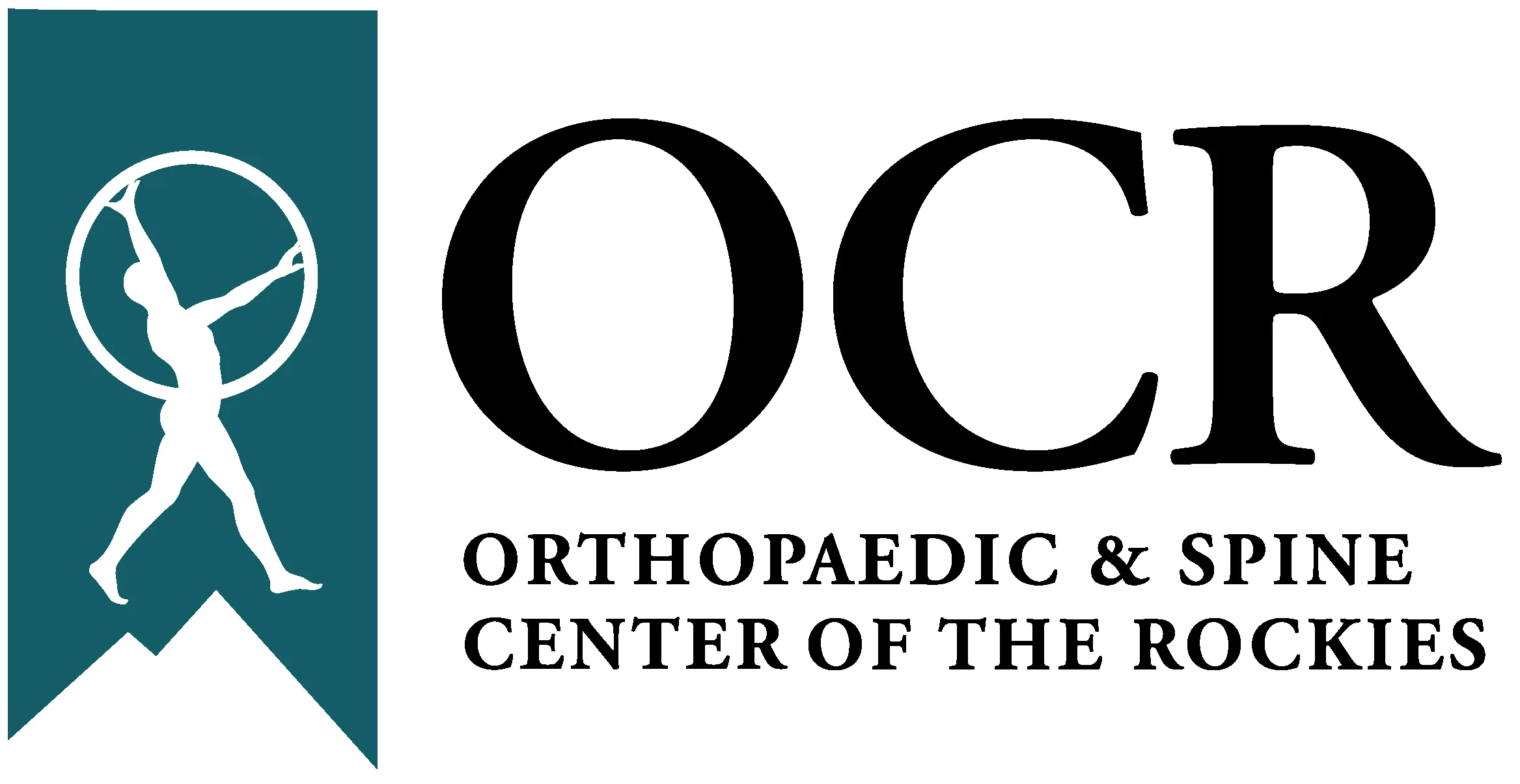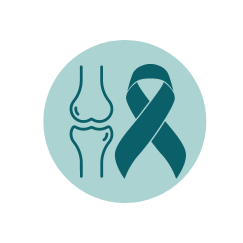Orthopaedic Oncology
Orthopaedic Oncology is a specialized branch of medicine focused on diagnosing and treating cancers of the pelvis and extremities. These cancers can originate in the bone or soft tissues, or come from another part of the body
What Does an Orthopaedic Oncologist Do?
- Our Orthopaedic Oncologist offers expert care to children and adults diagnosed with tumors of the pelvis and extremities. These tumors can be either benign of malignant. The orthopaedic oncologist will assist with diagnosis and treatment
- The oncologist will create a treatment plan based on each individual’s case. Often working with a team of specialists, the treatment plan will be comprehensive and personalized.
- Orthopaedic oncologists play a crucial role in providing care to patients with musculoskeletal cancers, aiming to improve both survival rates and quality of life.
Diagnostic Strategies
- Biopsy
- Imaging: X-Rays, MRIs, CT Scans, PET Scans
What Are the Symptoms?
- Persistent pain in the affected area
- Swelling or a noticeable lump
- Reduced mobility or function in limb
- Unexplained fractures/weakened bones
What Conditions Are Treated?
- Bone Sarcomas
- Osteosarcomas, Ewings sarcomas, and chondrosarcomas
- Soft Tissue Sarcomas
- Liposarcomas
- Fibrosarcomas
- Malignant Fibrous Histiocytomas
- Synovial Sarcomas
- Benign Bone Tumors
- Enchondromas
- Osteochondromas
- Chondroblastomas
- Benign Soft Tissue Tumors
- Lipomas
- Neurofibromas
- Schwannomas
- Giant Cell Tumors
- Other Cancerous Tumors
- Multiple myelomas
- Lymphomas
- Metastatic Tumors
- Breast, lung, thyroid, prostate, kidney, melanoma, squamous cell carcinoma
What is a Sarcoma?
- Sarcomas are rare cancers that arise from bone, muscle, connective tissue, cartilage, blood vessels, or nerves.
What are the Treatment Options?
- Surgery to remove the tumor
- Radiation therapy
- Chemotherapy
- Targeted therapy
- Immunotherapy
- Amputation
FAQ
- What Are the Success Rates?
- Primary bone cancers – 70-80%
- Soft Tissue Sarcomas – 81%
- Can orthopaedic cancers be prevented?
- While there are no guaranteed ways to prevent orthopaedic cancers, reducing risk factors such as avoiding exposure to radiation and maintaining a healthy lifestyle can help.




